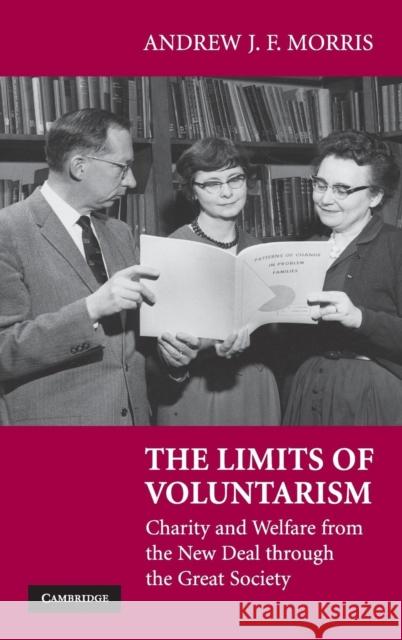The Limits of Voluntarism » książka
The Limits of Voluntarism
ISBN-13: 9780521889575 / Angielski / Twarda / 2008 / 286 str.
The Depression and the New Deal forced charities into a new relationship with public welfare. After opposing public relief for a generation, charities embraced it in the 1930s as a means to save a crippled voluntary sector from collapse. Welfare was to be delivered by public institutions, which allowed charities to offer and promote specialized therapeutic services such as marriage counseling a popular commodity in postwar America. But as Andrew Morris shows, these new alignments were never entirely stable. In the 1950s, charities ambiguous relationship with welfare drove them to aid in efforts to promote welfare reform by modeling new techniques for dealing with multiproblem families. The War on Poverty, changes in federal social service policy, and the slow growth of voluntary fundraising in the late 1960s undermined the New Deal division of labor and offered charities the chance to deliver public services the paradigm at the heart of current debates on public funding of religious non-profits."











